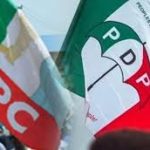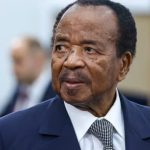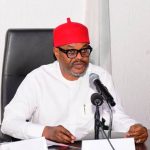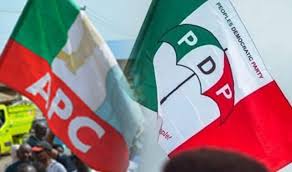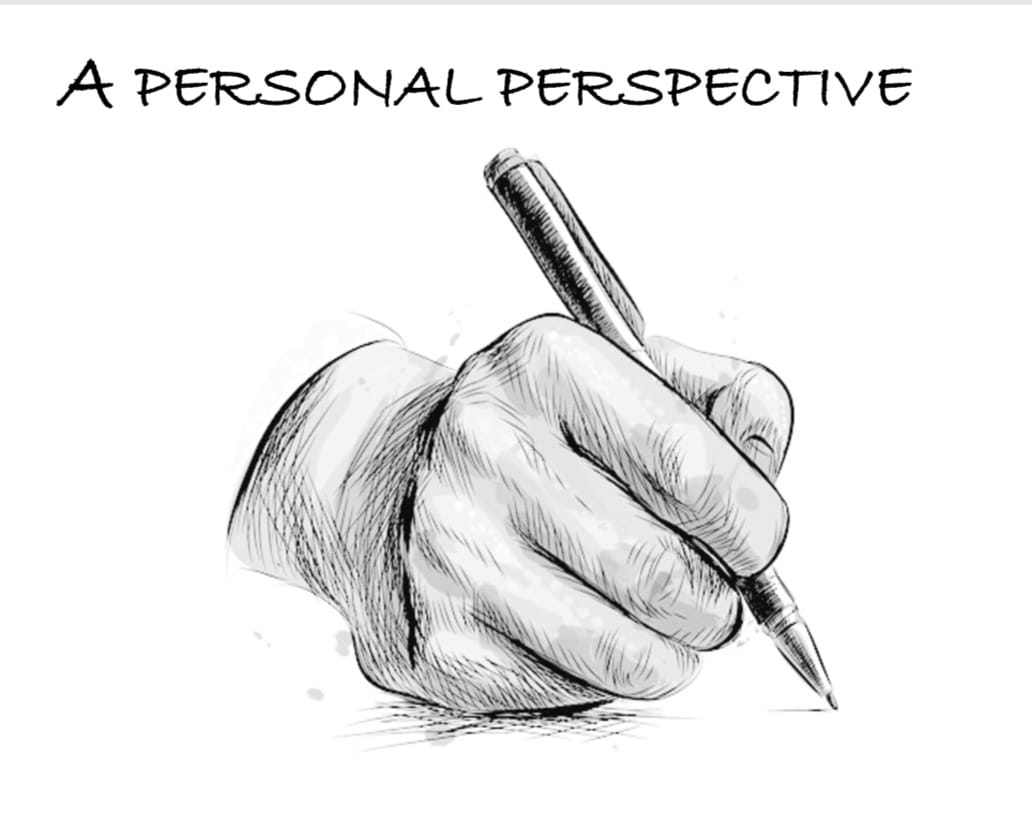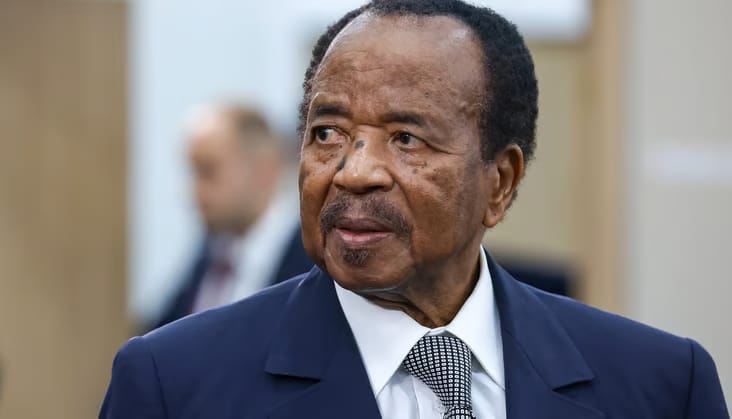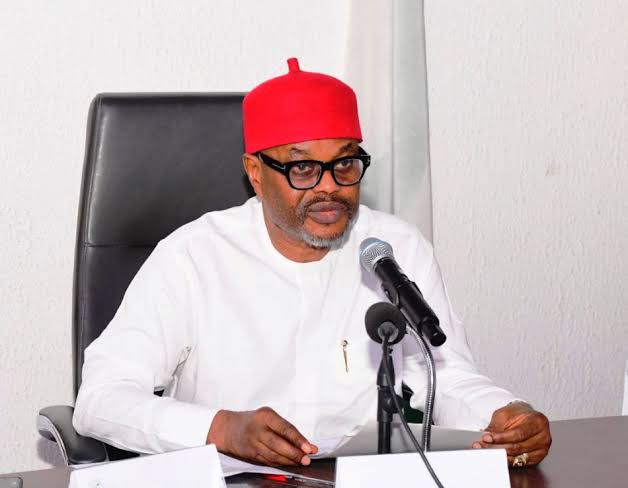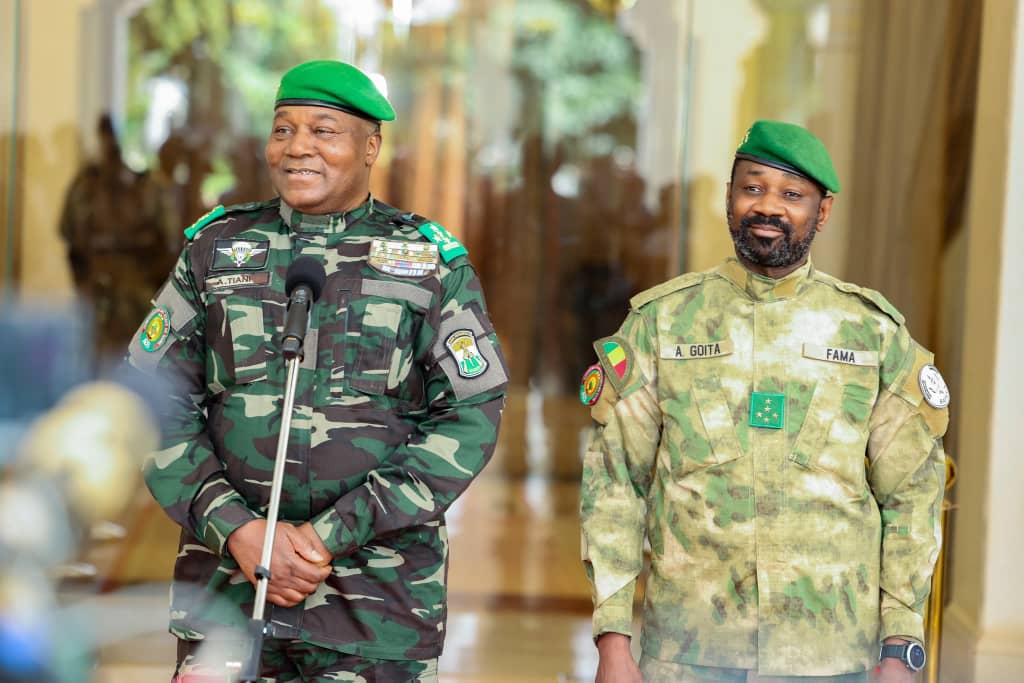The swirling vortex of Nigerian politics has transformed the leading opposition party, the Peoples Democratic Party (PDP), once the unassailable colossus that dominated Nigeria’s governance for 16 unbroken years, from a national powerhouse into a fractured shell.
What began as isolated factional rifts following the PDP’s 2023 presidential defeat has erupted into a full-scale implosion,with over 300 high-profile members defecting to the ruling All Progressives Congress (APC) between February 2024 and February 2025 alone, according to reports.
This relentless haemorrhage, accelerated by the defection of four sitting PDP governors in 2025, threatens to consign the party to a regional outpost, undermining its viability ahead of the 2027 elections.
Public discourse reflects widespread disillusionment. Many attribute the party’s challenges to a refusal to honour power rotation agreements in 2015 and 2023, a grievance voiced in viral posts lamenting the party’s “scattered” state.
At the centre of this gale lies a toxic confluence of internal dysfunctions, elite opportunism, and external machinations, creating a feedback loop that has eroded the PDP’s institutional cohesion. The defections have been seismic, reshaping
Nigeria’s political map and bolstering the APC’s dominance to 25 states as of October 2025,up from 20 in early 2024, leaving the PDP with just eight governorships. The most dramatic unfolded in rapid succession this year, each amplifying fears of an impending one-party state.
The Governor of the south eastern state of Enugu, Peter Mbah, defected on October 14, a watershed moment for the Southeast, a PDP stronghold since 1999. Mbah, elected on the PDP ticket in 2023, crossed over with his entire cabinet, 24 state lawmakers, 260 ward councillors, and the full PDP state executive, as confirmed by APC Caretaker Chairman, Ben Nwoye.
In a televised address, Mbah cited “neglect of the Southeast” by the PDP and the need for “greater collaboration” under President Bola Tinubu’s administration. This mass exodus, described by the pan-cultural group, Ohanaeze Ndigbo leaders as a “turning point” for regional integration into the ruling coalition, ends 25 years of PDP dominance in Enugu and repositions the Southeast within APC’s orbit.
Critics, including PDP National Publicity Secretary, Debo Ologunagba, alleged coercion via EFCC threats, framing it as part of a “one-party state agenda.” Barely 24 hours later, on October 15, gGovgrnorof the oil-producing Bayelsa state, Douye Diri, resigned from the PDP alongside 23 state assembly members, indicating his imminent APC entry. Diri’s move, after “extensive consultations,” drags the oil-rich Niger Delta state into the APC fold, reducing PDP’s South-South bastion further.
Unlike Mbah’s spectacle, Diri’s announcement during an expanded executive council meeting omitted his deputy, Lawrence Ewhrudjakpo, who publicly distanced himself, vowing loyalty to the PDP and risking impeachment. Senator Seriake Dickson, Diri’s predecessor and PDP loyalist, lambasted the defection as “running away from the mess they created,” underscoring intra-party rifts.
Earlier in the year, the governor of the oil-rich Delta state, Sheriff Oborevwori, defected in May, hauling his cabinet, his predecessor, Ifeanyi Okowa, who was Atiku Abubakar’s 2023 running mate, and the entire PDP structure into the APC, a move Tinubu described as a political tsunami. Oborevwori framed it as a “movement” for federal synergy, not betrayal, but his ex-aide, Victor Ojei, accused him of spending “billions” to settle APC stakeholders without grassroots consultation.
The Governor of the southern state of Akwa Ibom, Umo Eno, followed in June, citing similar “strategic alignment.” These exits, involving entire state apparatuses, have slashed PDP’s governorships by half since 2023, per Daily Post Nigeria.
Smaller but symptomatic defections have also taken place as well. Three national legislators from the north-western state of Kaduna defected in October, citing “federal development access.” In the south-western state of Osun, a national legislator, Oluwole Oke, defected in April over “internal deceit.” In another south-western state, Ondo, two legislators jumped ship in October, blaming PDP “crises.”
Many believe the PDP’s unravelling is self-inflicted, rooted in chronic leadership failures and godfatherism, a patronage system where “godfathers” like Nyesom Wike wield undue influence, stifling merit and breeding resentment. Wike, now FCT Minister and a PDP “albatross,” spearheaded the 2023 G5 governors’ revolt for a Southern presidency, which splintered the party zonally and affected its performance.
His accusation against the governor of south-western state of Oyo, Seyi Makinde, in May as the “architect of our problems,” breaching pacts on roles in the party, like National Secretary, exemplifies the toxicity, which pulled Wike from reconciliation deals and led to a parallel executive election within the party in the southern state of Edo.
Analysts, like Prof. Udenta Udenta, decry such “deep discord” as desecrating public trust. He says mandates belong to parties, not individuals. Ideological bankruptcy compounds the situation. The PDP’s disregard for North-South rotation alienated Southern bases, according to observers, echoing 2015’s elite exodus, such as Obasanjo and Atiku, and their “opportunistic” returns.
While internal woes prime the pump, APC’s “carrot-and-stick” tactics, financial lures, automatic 2027 tickets, multi-billion contracts, and EFCC threats, ignite the blaze. A former legislator, Usman Bugaje, alleges that the APC is using money to buy off the PDP, a pattern that has been alleged since 1999.
These defections signal a slide toward autocracy, many pundits worry. They say it stifles dissent and accountability. PDP’s resilience, demonstrated in successful National Executive Council (NEC) meetings between April and May, belies its fragility, with Atiku’s ADC flirtations and Obi’s LP woes fragmenting opposition.
ADC’s Kelly Agaba dismisses it as”political apostasy,” predicting people power in 2027, but rebuilding demands jettisoning godfathers, enforcing zoning, and fostering ideology, as many advocate for “internal democracy.” The PDP’s Ibadan convention endorsement signals resolve, appointing Ben Obi post-Mbah.
Yet, with APC’s inducements unchecked, redemption hinges on electoral reforms curbing godfatherism and vote-buying. The PDP’s path is steep, but history, from APC’s 2015 upset, shows that, in Nigeria’s political space, anything is possible if the right forces come together. Opponents of the APC say failure to confront the ruling party’s political sweep risks consigning Nigeria to unchallenged rule, where power serves elites, not the people.

